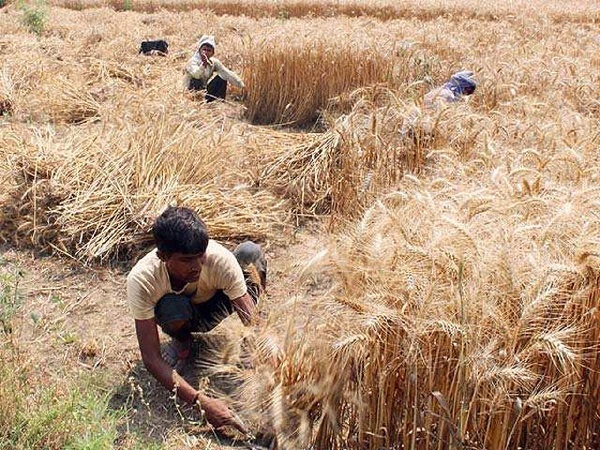CCEA increases MSP for rabi crops for 2022-23 season
The Cabinet Committee on Economic Affairs (CCEA) on Wednesday approved the increase in the minimum support prices (MSP) for all mandated rabi crops for Rabi Marketing Season (RMS) 2022-23.

New Delhi: The Cabinet Committee on Economic Affairs (CCEA) on Wednesday approved the increase in the minimum support prices (MSP) for all mandated rabi crops for Rabi Marketing Season (RMS) 2022-23. The meeting was chaired by Prime Minister Narendra Modi. As per a statement released by CCEA, the government has increased the MSP of rabi crops for RMS 2022-23 to ensure remunerative prices to the growers for their produce.
"The highest absolute increase in MSP over the previous year has been recommended for lentil (Masur) and rapeseeds and mustard (Rs 400 per quintal each) followed by gram (Rs 130 per quintal). In the case of safflower, there has been an increase of Rs 114 per quintal in comparison to last year. The differential remuneration is aimed at encouraging crop diversification," read the statement. According to CCEA, the increase in MSP is in line with the Union Budget 2018-19 announcement of fixing the MSPs at a level of at least 1.5 times of the all-India weighted average cost of production, aiming a reasonably fair remuneration for the fanners.
Also Read |
MSP hike for rabi crops gets Cabinet nod; masur, mustard see highest rise
The expected returns to farmers over their cost of production are estimated to be highest in the case of wheat and rapeseed and mustard (100 per cent each), followed by lentil (79 per cent), gram (74 per cent), barley (60 per cent) and safflower (50 per cent). "Concerted efforts were made over the last few years to realign the MSPs in favour of oilseeds, pulses and coarse cereals to encourage farmers to shift to the larger area under these crops and adopt best technologies and farm practices, to correct the demand-supply imbalance," added the statement.
CCEA further informed that the centrally sponsored scheme National Mission on Edible Oils-Oil Palm (NMEO-OP) recently announced by the government will help in increasing the domestic production of edible oils and reduce import dependency. "With the total outlay of Rs 11,040 crores, the scheme will not only aid in expanding area and productivity of the sector but also benefit the farmers by increasing their income and generation of additional employment," it added.
Also Read |
Cabinet Approves Hike In MSP For Rabi Crops
The umbrella scheme 'Pradhan Mantri Annadata Aay Sanrakshan Abhiyan' (PM-AASHA) announced by the government in 2018 will aid in providing a remunerative return to farmers for their produce. The umbrella scheme consists of three sub-schemes namely Price Support Scheme (PSS), Price Deficiency Payment Scheme (PDPS) and Private Procurement and Stockist Scheme (PPSS) on a pilot basis. (ANI)
 Dynamite News
Dynamite News 